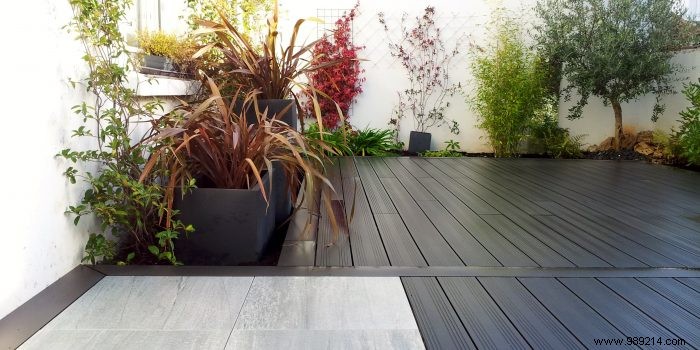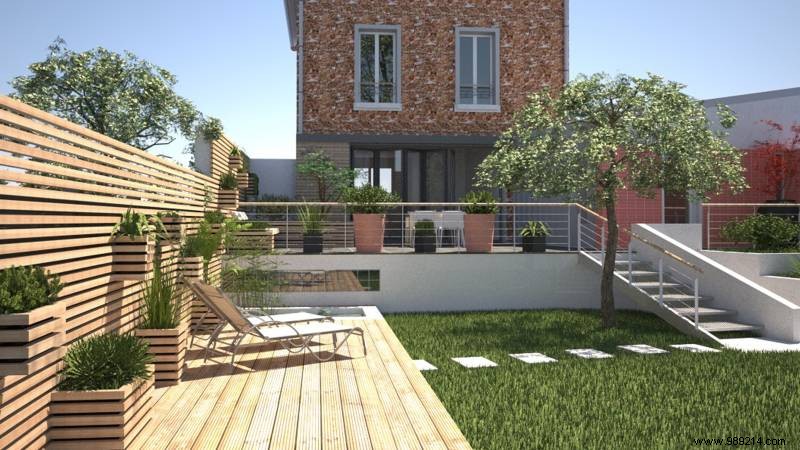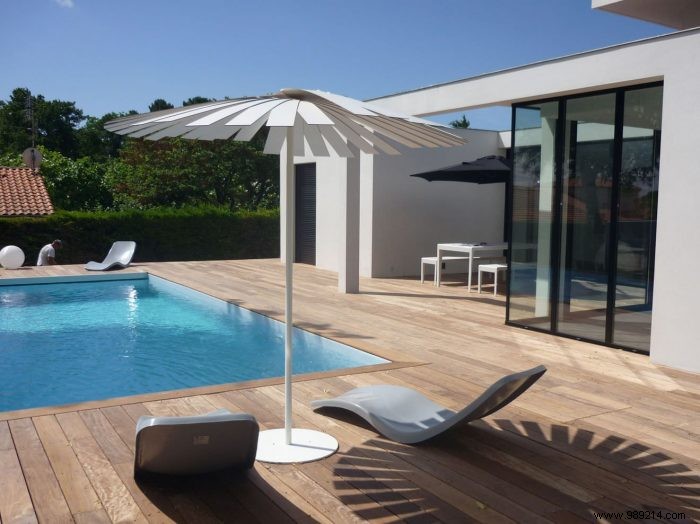
Do you want to create a wooden terrace in your garden or on your balcony, but your budget is tight? Is your goal to have a deck that lasts? Don't panic, shed light now on the best solution for a terrace that lasts.
Elegant and trendy, the wooden terrace is now the new star of our balconies and gardens. Bringing a healthier and more ecological touch to the home, wood has become one of the most popular materials. In addition, the ease of laying the wooden deck and its limited maintenance are some of its great advantages that explain its success.

Nevertheless, it is essential above all to choose the right species of wood for your terrace. Several elements may come into consideration depending on your needs, but generally your choice will be guided by these three elements:your budget for your wooden deck, its aesthetic appearance, and its resistance needs.
For this last point, if you are looking more for the resistance of your wooden deck, be sure to opt for a suitable or treated wood adapted to the climate of your region. Indeed, autoclave treatments will make your wooden deck boards resistant to all weather and also rot-proof.
If you are looking for a terrace requiring little maintenance, such as only one cleaning per year, the composite wood terrace will make you happy. Indeed, made from wood particles mixed with a plastic resin from recycling, sawmill waste and additives, composite wood has greater resistance over time for less maintenance and with an appearance very close to natural wood. Composite wood decking therefore competes with exotic wood boards, especially since, even when wet, the composite is not slippery.
However, be careful, because the rendering of the "first generation" composite wood boards is less fine than that of the last generations, and has a high heat conductivity, which is more disturbing in the event of a terrace at the edge of swimming pool or in hot climates.

If, on the other hand, you prefer natural wood, choose a higher-end blade, as thin, inexpensive ones are more fragile. Softwood slats (pine, spruce) are less expensive than exotic wood slats but require prior autoclave treatment to refine their resistance, at least that's what any professional landscaper generally recommends.